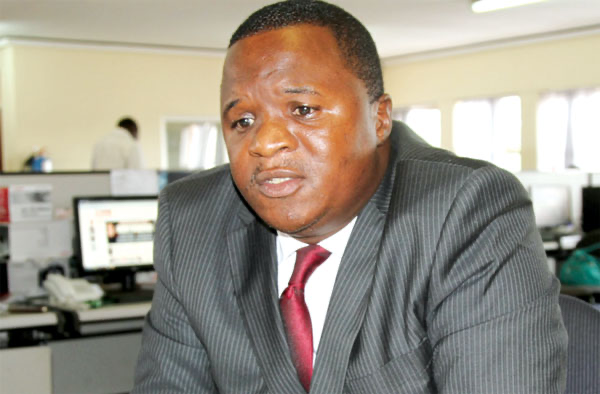By Own Correspondent
Tension continues to escalate between Rev Obadiah Musindo and his fellow directors at Destiny for Africa Housing Trust, with new revelations adding fuel to the fire.
During a meeting at SkyView Hotel in Manicaland, Rev Musindo, a controversial clergy figure, struggled to answer tough questions from the crowd, mostly composed of church members. The gathering was meant to promote a new office for Rev Musindo, which he sought to establish after losing a high-profile court battle to his rival, Mr. Wilson Masokovere, a fellow trustee in the housing project.
Reports indicate that after losing the High Court case, in which he sought to remove fellow directors from the housing scheme, Rev Musindo allegedly plotted to bribe officials from the Zimbabwe Anti-Corruption Commission (ZACC). He reportedly met with an official named Mudede at the Rainbow Towers in Harare in December 2024, with the intention of manipulating the anti-corruption body to ignore the court ruling and grant him an unjustified share in Destiny for Africa Network.
At the meeting, Rev Musindo faced intense questioning from attendees. One pastor, Pastor Sibanda, reminded him of the funds he collected in 2016 and 2017 and asked, “Are you going to allocate our stands first, or are you now starting a new project?” Another pastor inquired about the creation of a parallel office to the original Destiny for Africa Network office in Manicaland.
In response, Rev Musindo struggled to maintain control of the situation. He claimed he had temporarily left the original Destiny for Africa office to allow ZACC to conduct an audit of his employees. He further appealed for public subscriptions to help fund the housing project while he resolved his internal issues. When asked about the location of the housing project, he declined to disclose it, citing concerns that the land might be taken from him.
Another homeseeker who lost a fortune to Musindo paying for a non-existent residential stand asked how he could claim his stand.Musindo arrogantly asked the homeseeker to bring receipts of the purchase.The homeseeker said he lost them but the controversial cleric said only if he produces the receipt that he can help or else he has to make new payment arrangements.
Rev Musindo also claimed that ZACC would soon facilitate his return to the Destiny for Africa Network office in Manicaland, despite the High Court ruling barring him from removing fellow directors. This raised several key questions: How much power does ZACC truly have in cases like this? Can the anti-corruption body be manipulated? And what is ZACC’s role in such personalized disputes?
As the Musindo case unfolds, it highlights the challenges of holding institutions like ZACC accountable. Can an organization dedicated to fighting corruption itself fall prey to manipulation? The outcome of this case may set a significant precedent for how future disputes involving ZACC are handled.
Rev Musindo has given ZACC until March 2025 to finish auditing his books, paving the way for his return to the Destiny for Africa Manicaland office. However, his public statements have raised concerns about ZACC’s ethical standards and its involvement in individual disputes.
In a country where corruption is a pervasive issue, many have placed their hopes in the Zimbabwe Anti-Corruption Commission as the nation’s watchdog. But cases like Musindo’s are testing ZACC’s capacity, jurisdiction, and susceptibility to manipulation. Only time will tell if ZACC will live up to its role or become embroiled in further controversy.

